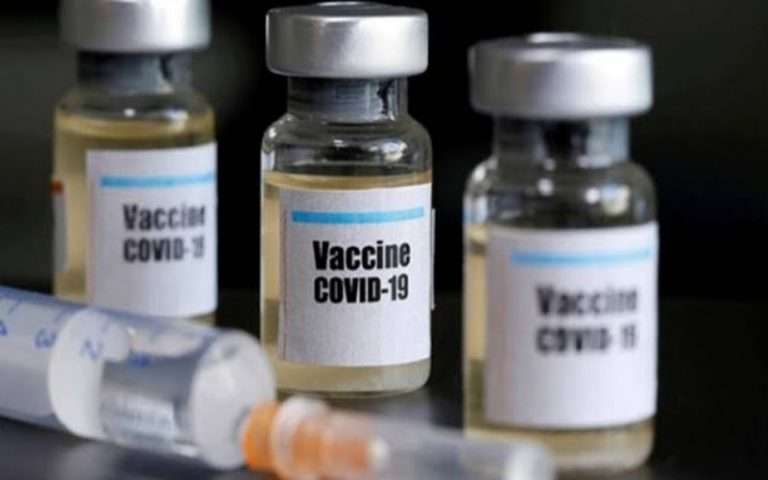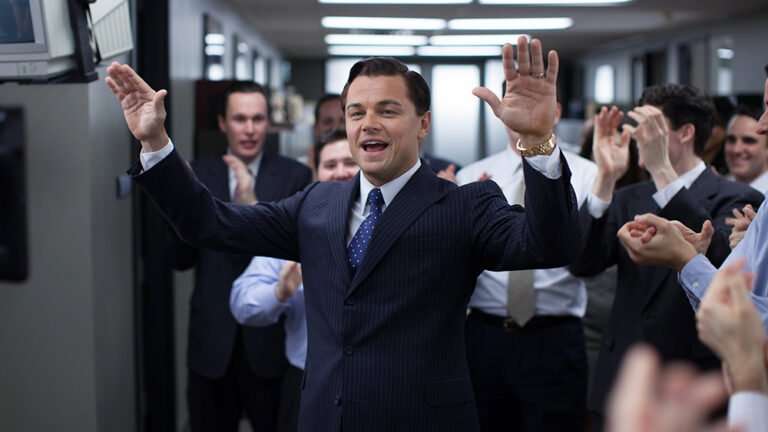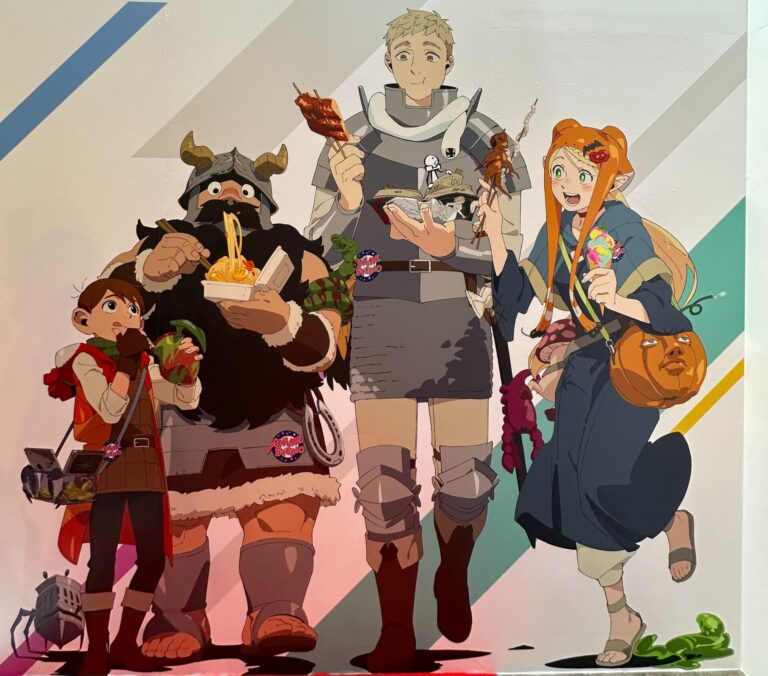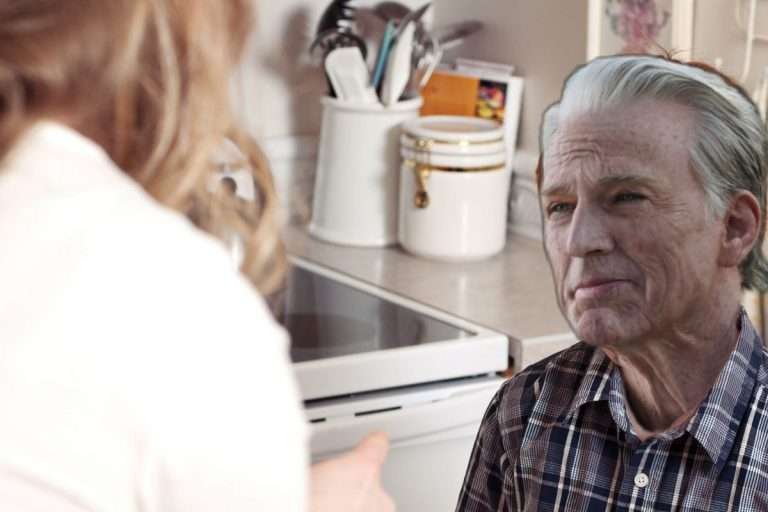The Unfair Search for ‘Fair’ and ‘Beautiful’ Bride
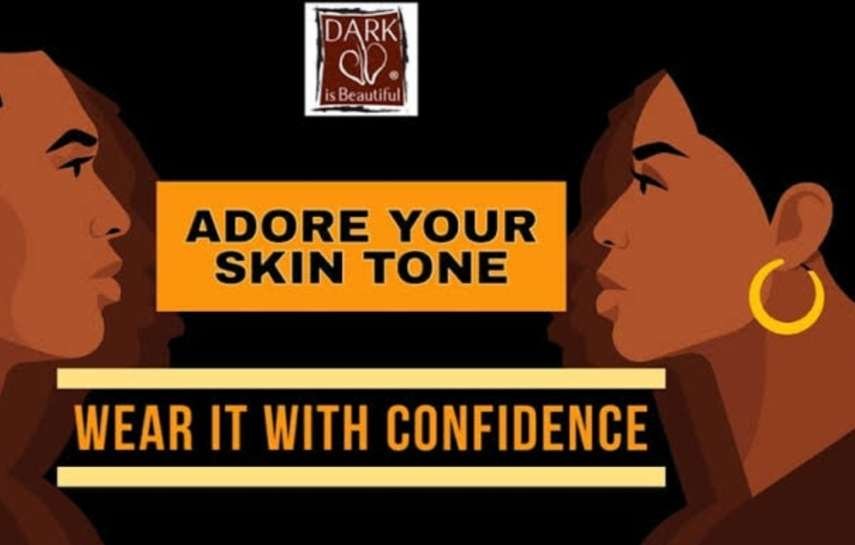
[Dark is Beautiful-‘The battle to end the World’s obsession with Fair Skin’]
Skin biases aren’t new. Though we tend to tell ourselves that such discriminations or prejudices don’t bother Urban India much, that’s not always true. A Perfect Life for Perfect Skin- but only for those of the right shade-is the message and mindset being passed down. Fair and Beautiful Bride is deeply rooted in cultural traditions, manifest in the form of bias against those who may not conform to these ideals.
Furthermore, This has spawned a multi-billion dollar industry in cosmetic creams and invasive procedures such as Skin bleaching, chemical peels, laser treatments, steroid cocktails, whitening pills and injections- all with varying effectiveness and health risks.
This standard frequently emphasizes youthfulness, slimness and certain facial features. Such narrow definitions can leave many women feeling inadequate and pressured to alter their appearance to meet the ideals.

∆Prevalence of Beauty Standards: {Fair Bride} in Marriage Markets-
Potential Fair and beautiful brides spend a lot of money—it’s unlimited in the months before the wedding. It has been revealed that in marriage markets, certain physical attributes have been prioritized in bride selection. In many cases, data shows the preferences of potential grooms and the reality of who they marry. Moreover, many people accept fairness treatments as a part of wedding preparations—for men as well as women.

In addition to this, this dangerous ideology reflects that Dark Skin is Unattractive, Undesirable and creates inferiority complex in people who aren’t fair. It makes them grow into adults who are victims of a slave mentality where they start putting a person on a higher pedestal purely based on his/her fairer skin colour. This behaviour has developed an attitude of insecurity and lack of Self-confidence and places undue pressure on people to be lighter-skinned.
∆Fairness and the Celebrity Connection-
People look up to actors and cricketers and treat them as icons/demigods. They try to ape their favourite actor or cricketer On-screen and in Real life. So when a high-profile actor/cricketer endorses something as shallow as fairness creams, it influences a nation’s psyche. The youth call dark-skinned a roadblock to success and flock to stores to buy these career-shaping products. The influence of celebrities on societal perceptions of fairness is profound, often driving public discourse and shaping opinions. This celebrity involvement also invites scrutiny and impacts their activism, as it can sometimes serve more as a publicity strategy than a genuine commitment to social causes.
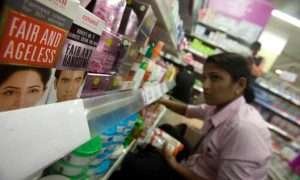
Moreover, some casting directors have shunned the idea of being fair and being a good actor and provided equal chances to all kinds of actors as long as they do justice to the character they’re expected to play. So all’s not lost. Hope still remains. We are all just the same. People with a dusky/darker complexion have the same body parts as their fairer counterparts. Nevertheless, the connection between celebrity culture and social equity remains vital to contemporary dialogue.
∆Real-life Examples of Prejudice-
- Pooja Kannan, 27, from Mumbai, spent years buying cosmetics that promised to lighten her complexion. In India, where Skin tone often describes success, ability to find work, or a spouse, such comments matter. Kannan felt insecure.
- In 2016, Actor Emma Watson( of Harry Poter Fame) had to issue a statement saying she would no longer endorse products which do not reflect the diverse beauty of all women.
- Many Dark Brides share stories of rejection that reveal painful truths about societal biases. These stories exemplify how deeply ingrained biases manifest in personal relationships, often leaving emotional scars.
Conclusion-
As individuals, we need to be comfortable with our skin and accept others’ skin, eradicating society’s obsession with fair skin. The search for a Fair and Beautiful Bride reflects a broader societal trend marred by prejudice and unrealistic expectations. Addressing these issues requires a multifaced approach, focusing on redefining beauty standards and promoting acceptance of diverse appearances. However, Education and advocacy play pivotal roles in changing societal narratives and standards. By uplifting dark brides and their stories, Society can take significant strides towards inclusivity and celebrating diversity.

